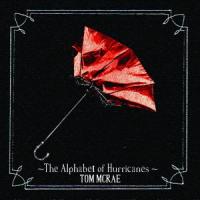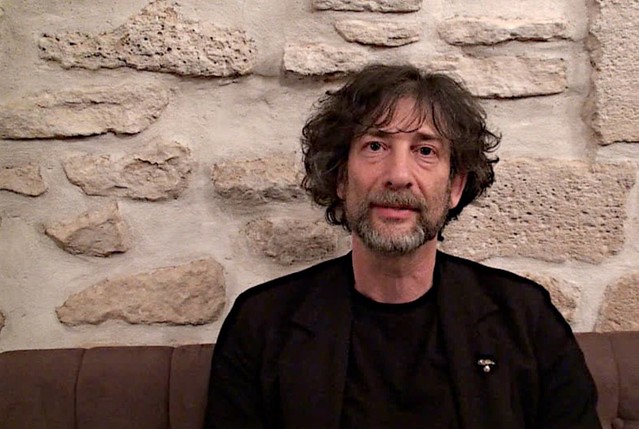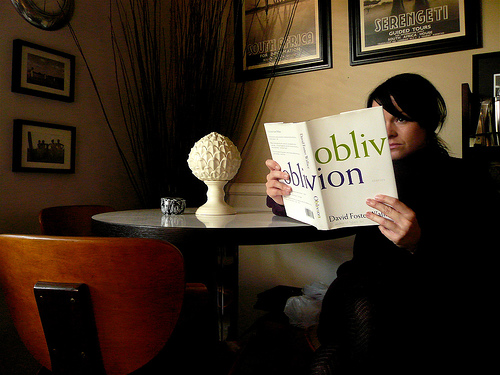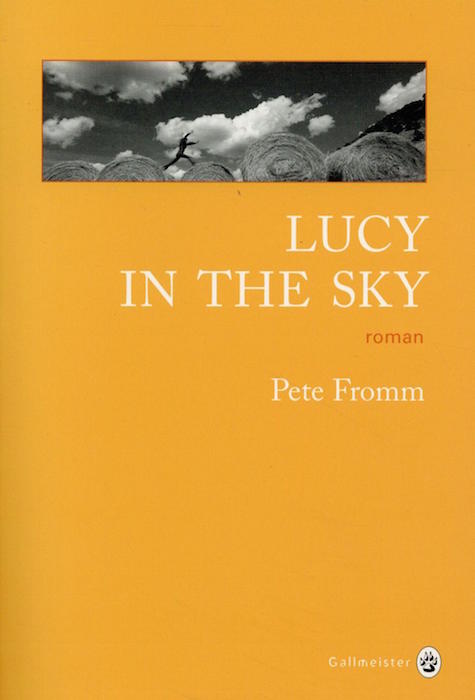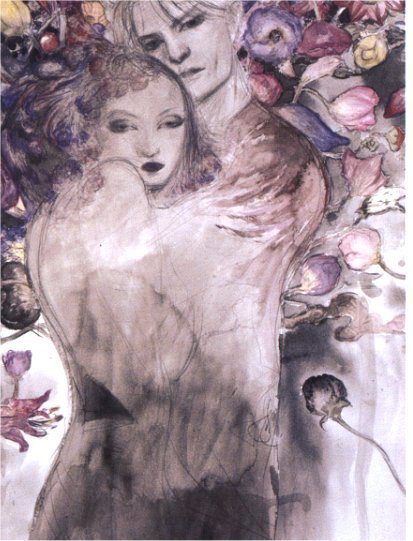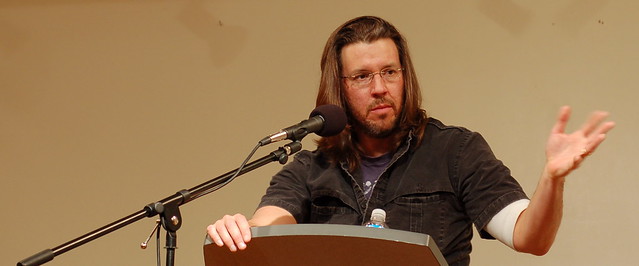The Seven Deadly Sins the Movie: Prisoners of the Sky
Dossiers

Livres, actualités : tout sur Andrée Chedid
Née le 20 mars 1920 au Caire, en Égypte, sous le nom Andrée Saab, Andrée Chedid y mène ses études, apprenant le français et l'anglais, et utilisant de manière ponctuelle l'arabe. Avec son mari Louis Selim Chedid, qu'elle épouse en 1942, elle part au Liban l'année suivante, où elle publie son premier recueil poétique, On the Trails of My Fancy, sous le pseudonyme A. Lake.

Foire du Livre de Francfort 2019 : la Norvège à l'honneur
La Foire du Livre de Francfort 2019, 71e édition, se déroulera du 16 au 20 octobre. L'un des plus importants salons du monde du livre européen fera cette fois une place d'honneur à la Norvège. « The dream we carry », ou le « Le rêve que nous faisons », titre du programme mis en œuvre par le pays, promet beaucoup, et notamment des focus sur la liberté d'expression et sur les auteurs et livres féministes.

Courir ou mourir : Le Labyrinthe, la saga de James Dashner
Depuis la publication du premier livre en 2009, la saga Le Labyrinthe (titre original : The Maze Runner), écrite par James Dashner, a marqué une génération d'adolescents et jeunes adultes par son intrigue captivante, ses personnages attachants et sa représentation métaphorique des défis de l'adolescence. Cette saga dystopique a séduit des millions de lecteurs à travers le monde et a inspiré une série de films à succès.
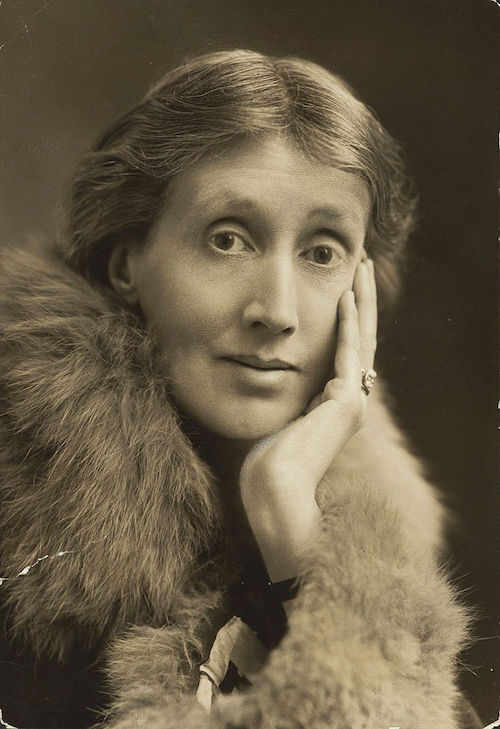
Livres, actualités : tout sur Virginia Woolf
Née Adeline Virginia Alexandra Stephen en 1882, Virginia Woolf grandit dans une famille aisée, où elle dispose d'un accès facilité à l'art et à la culture de son époque. Les disparitions de sa mère, en 1895, de sa demi-sœur puis de son père fragilisent toutefois son état émotionnel : elle devient sujette aux dépressions nerveuses. En 1915, elle publie son premier roman, The Voyage Out, après quelques années d'activité au sein du supplément littéraire du Times.

Pour Noël, offrez-vous une cure d'imaginaire
Voyager à travers des mondes imaginaires, à la rencontre de personnages fantastiques, explorer des univers de magies, ou de science futuriste, croiser des créatures légendaires, voire monstrueuses, prendre part à des cérémonies avec des peuples féériques, ou extraplanétaires… Les littératures de l’imaginaire sont autant de portes ouvertes vers des ailleurs, qui vous tendent les bras.

Auteurs sans éditeurs, éditeurs sans auteurs ? Un podcast en 4 épisodes
Auteurs sans éditeurs ? Éditeurs sans auteurs ? Toute ressemblance avec un article ou un livre déjà paru n’est pas fortuite. D’ailleurs, le papier de Jérôme Lindon n’a pas pris une ride depuis 1998. Arrêtons-nous un instant sur sa conclusion dans les colonnes du monde : « [La] transformation du paysage de l’édition tend inévitablement à priver de toutes chances d’être lues, et par conséquent d’être publiées, les nouveautés d’exception qui ne répondent pas aux critères de valeurs en vigueur au moment où elles voient le jour. Mais qui remarque l’absence d’un auteur inconnu ? »
Extraits

Comics
The Art of Mutafukaz the movie
05/2018

Comics divers
The 7 Deadly Sins
02/2021
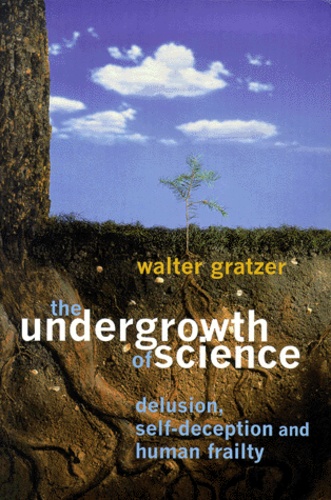
Histoire et Philosophiesophie
The Undergrowth of Science. Delusion, self-deception and human frailty
01/2000
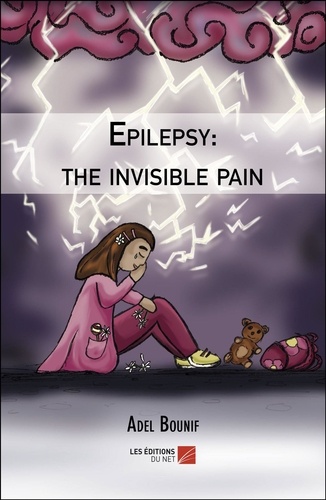
Poésie
Epilepsy: the invisible pain
01/2019

Anglais apprentissage
LA VIERGE ET LE GITAN : THE VIRGIN AND THE GIPSY
02/1993

Musique classique
Songs of Love. 12 Romances. 12 Lieder. Soprano (tenor) and piano.
12/2023



